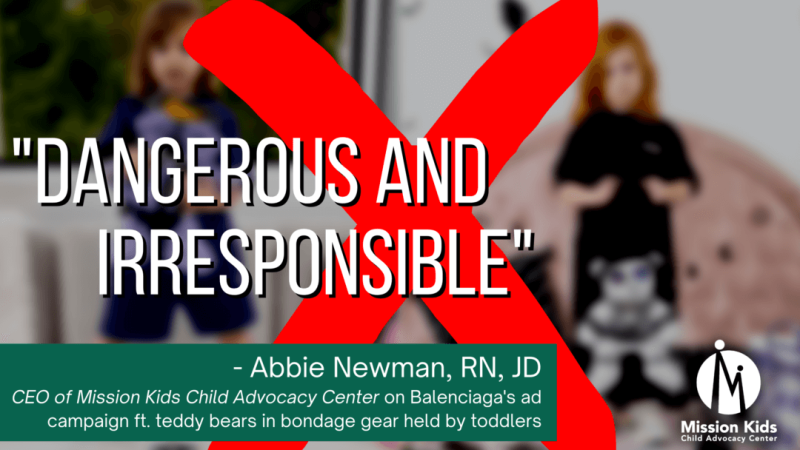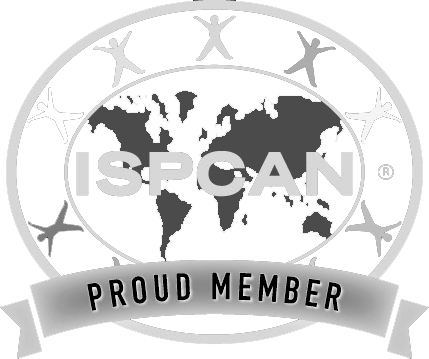Mission Kids has just provided your students with important and developmentally appropriate information on body safety and child abuse prevention. Now what?
We know that children are curious, imaginative and often have numerous questions, statements, stories, etc. following these lessons. We understand this can be overwhelming and difficult to navigate. Here we will break down what is typical/healthy, what rises to a level of possible concern, and how to handle each. Let’s begin with a few definitions.
What is a “concerning statement?”
First’s let’s talk about concerning statements. A concerning statement is a statement, question, or behavior from a child that warrants further assessment to determine the seriousness and nature of the statement, and to ensure the safety of the child. Some (real life) examples of concerning statements include:
- “Is it OK if my sibling touches my private parts?”
- “I think my dad gives me a not safe touch on a private area when I am bad.”
- “Another student was trying to touch my private parts at recess.”
- “My cousin tries to show me her private parts sometimes.”
What is a “disclosure?”
Next, let’s talk about disclosures. A disclosure is when a child tells another person that they are being (or have been) neglected or abused sexually, physically, or emotionally.
What should you do if a child makes a disclosure or concerning statement?
Take a moment.
Make sure you’re calm and able to manage your own emotions before speaking to the child. Children are very sensitive to and impacted by the reactions of adults.
Be reassuring.
Reassure the child they are NOT in trouble, and find a time and place to talk in private. Here are some things you can say:
- “What you’re telling me is very important. Let’s go play your favorite game in my office so that I can better understand.”
- “That’s a great question, thank you for asking. Perhaps we can talk about it privately later on today so that you have my undivided attention.”
Get the (minimal) facts.
When speaking to the child, gather minimal facts (see next section) to determine whether additional steps are needed to keep the child safe.
If you have reasonable suspicion of child abuse or neglect – report it immediately.
Disclosures always require a ChildLine report. If you have reasonable suspicion of child abuse or neglect, make a ChildLine report within 48 hours.
What are “minimal facts?”
Gathering minimal facts about a child’s statement or disclosure is an extremely important step in the process. The goal of a minimal facts interview is to gather just enough information to determine the current risk to the child and the need for immediate action. This is NOT an investigative interview.
Examples of minimal facts:
- What happened (physical or sexual abuse, neglect, peer on peer behavior)
- Where it happened (geographic location and part of the body, if applicable)
- When it happened
- Who is/are the alleged perpetrators
Do: ask simple, open-ended questions:
- “I am concerned because I heard you say you are afraid to go home. What is making you afraid?”
- “Tell me more about…”
- “I understand you asked a question about ___ during the body safety lesson today. Can you tell me more about that question so that I am able to better understand and answer?”
- “What’s been going on?”
- “Is there anything else you think I need to know?”
- “Can you tell me when this happened/happens?”
- “Who else was there?”
Don’t: ask leading or judging questions:
- “Did you ask that question because your sister is touching your private parts?”
- “Your mom left you home alone again, didn’t she?”
- “Does she show you her private parts in the bathroom or at recess?”
Now that you have this information, let’s refer back to our examples of concerning statements in the first section.









